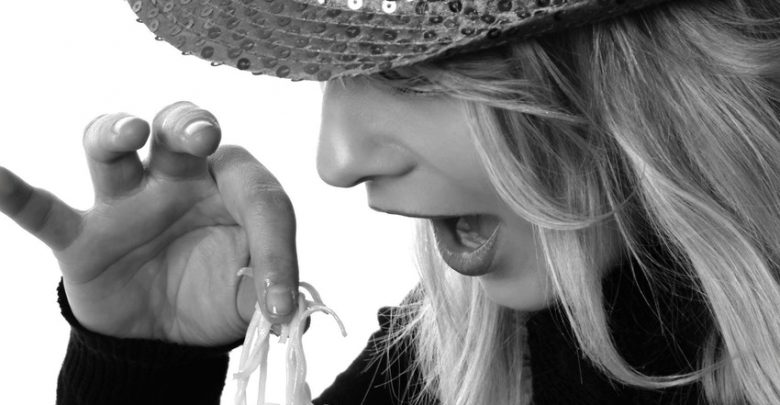
Fill the gaps with the suitable expression from below
The English are famous for their manners. The phrase, “Manners maketh the man” was coined by Englishman William of Wykeham back in 1324. But they’re just as important today. Books ……………………….. on the subject, advice columns in magazines tell people how to behave, and “finishing schools” still exist ……………………….. young girls become young “ladies”.
The best example of English manners is in their ……………………….. the art of forming a queue. It is a popular joke in England (the land of sporting failures) to say, “If only queuing was an Olympic sport, …………………………” No one knows exactly how and when it started, but queuing plays an integral role in the English social make-up. School children ……………………….. queue for roll-call, assembly and lunch, and English people across the land form orderly queues at shops, banks, cinemas and bus-stops every day. The English ……………………….. aren’t the only people who queue, but ……………………….. better than anyone else. As one visitor said, “I have travelled across Europe, the Middle and Far East and nowhere ……………………….. the single-file queues which are formed in England.”
Perhaps it is best summed up by the humorist George Mikes who said, “An Englishman, even if he is alone, forms an …………………………” The English are also famously polite ……………………….. language. Whereas many other nations are more direct in their communication, the English ……………………….. form of asking for things. For example, an American who wants to talk to a colleague ……………………….., “Got a minute?”; however an English person will often use a more indirect means of ……………………….., “Sorry to bother you, but would you possibly have a minute or so to have a quick chat if you ………………………..?” And in a restaurant, an American might say, “Waiter! Could I have another fork, please?”; ……………………….. an English person would say, “Excuse me! I hate to be a bother, but would you mind awfully changing this fork, please?” Anyone who ……………………….. a Hugh Grant film will recognize his portrayal of the bumbling Englishman and his fondness for …………………………
The English also love to ……………………….. for things. When squeezing past someone, people say “sorry”. And they’ll apologise if you ……………………….. them, “Whoops! Sorry! My fault.” In fact, no one seems to say “sorry” ……………………….. as the English: “Sorry I’m late. / Sorry about the mess. / Sorry I forgot to call you last night. / I’m sorry you didn’t get the e-mail.” And so on. They also like to use “please” and “thank you” a lot. In a shop, they will say, “I’d like a packet of crisps, please. Thanks.” When ……………………….. a bus, English passengers say “thank you”, British students thank their lecturers, and bosses often thank their employees for …………………………
Anyway, thanks for reading this, and sorry if we’ve taken up too much of your time!
| apologise | are taught to |
| are written | as much |
| bump into | doing their jobs. |
| don’t mind, please | getting off |
| has seen | have I seen |
| indirect speech | mastery of |
| might say | obviously |
| orderly queue of one | prefer a more indirect |
| requesting the chat | they seem to do it |
| to ensure that | we’d win hands down. |
| when it comes to | whereas |





